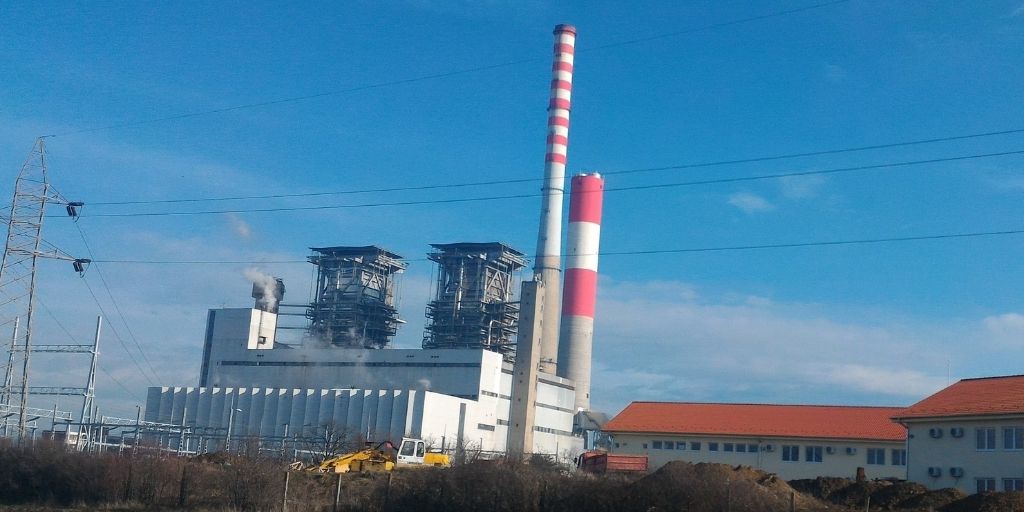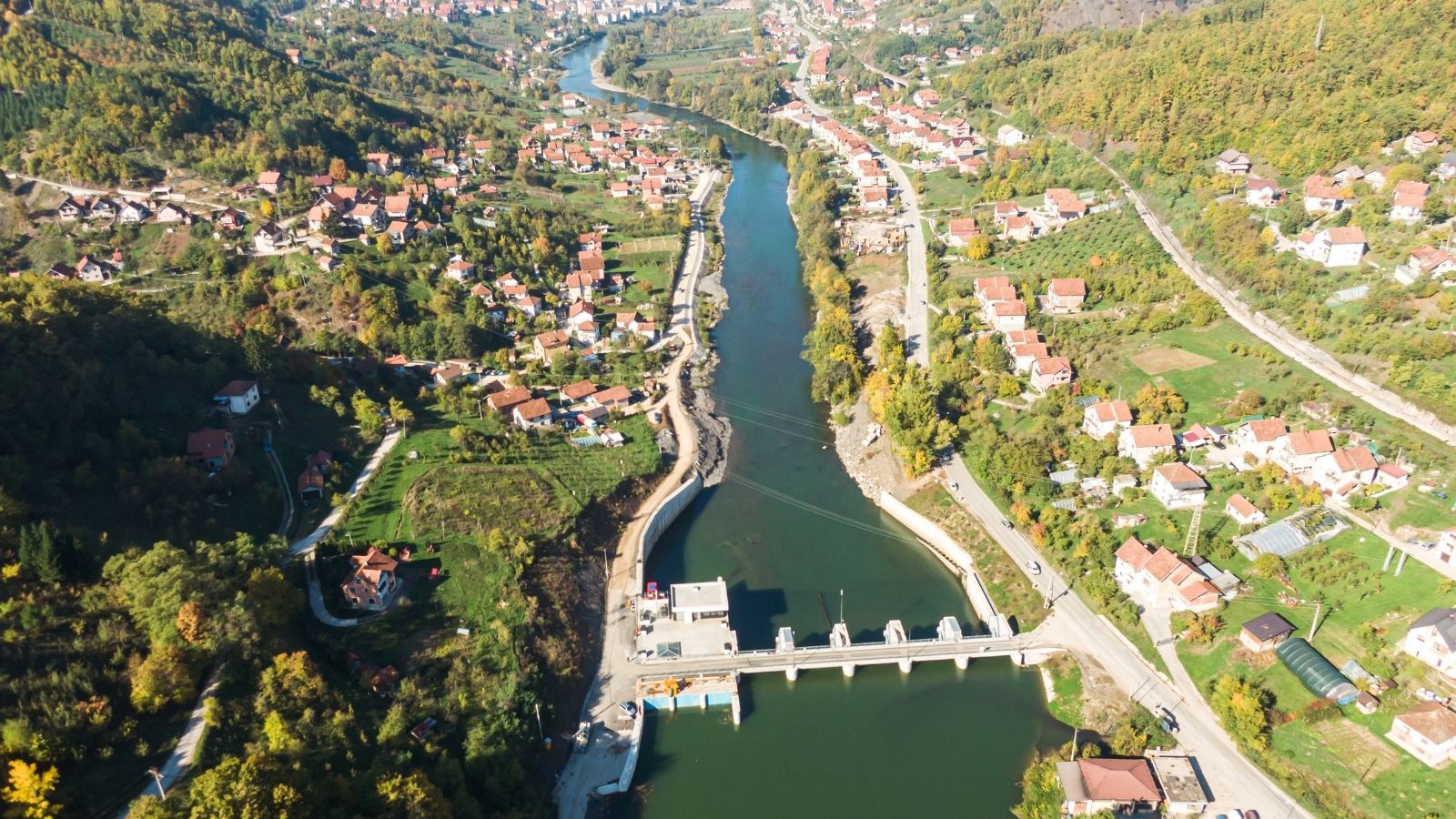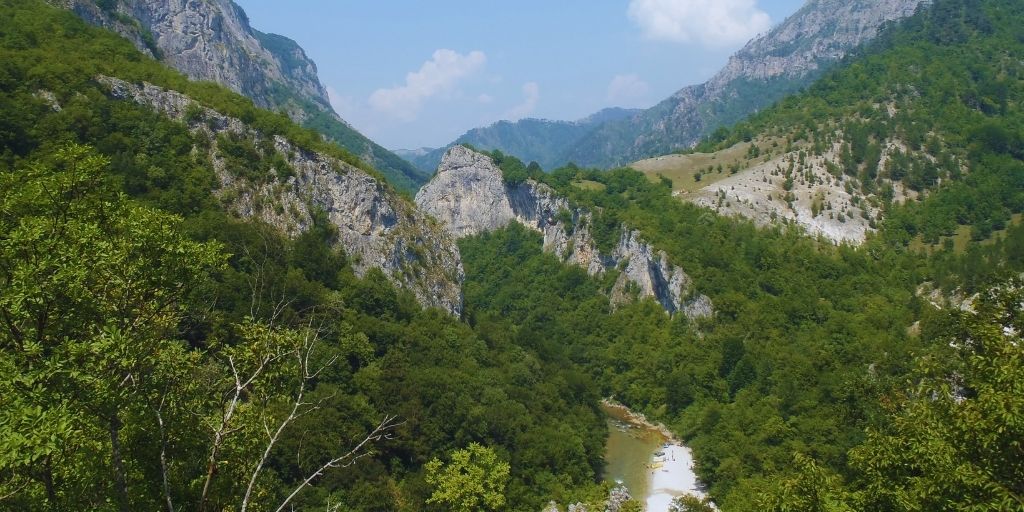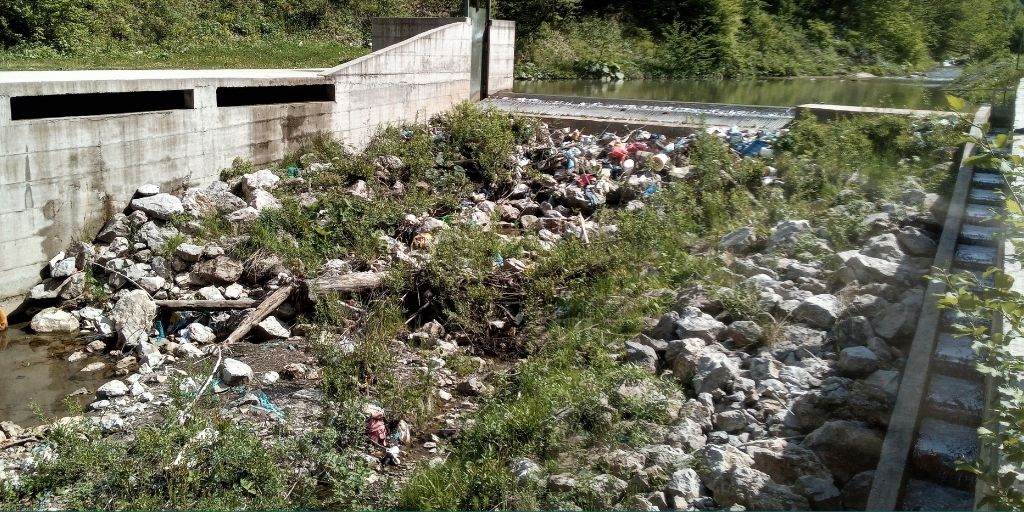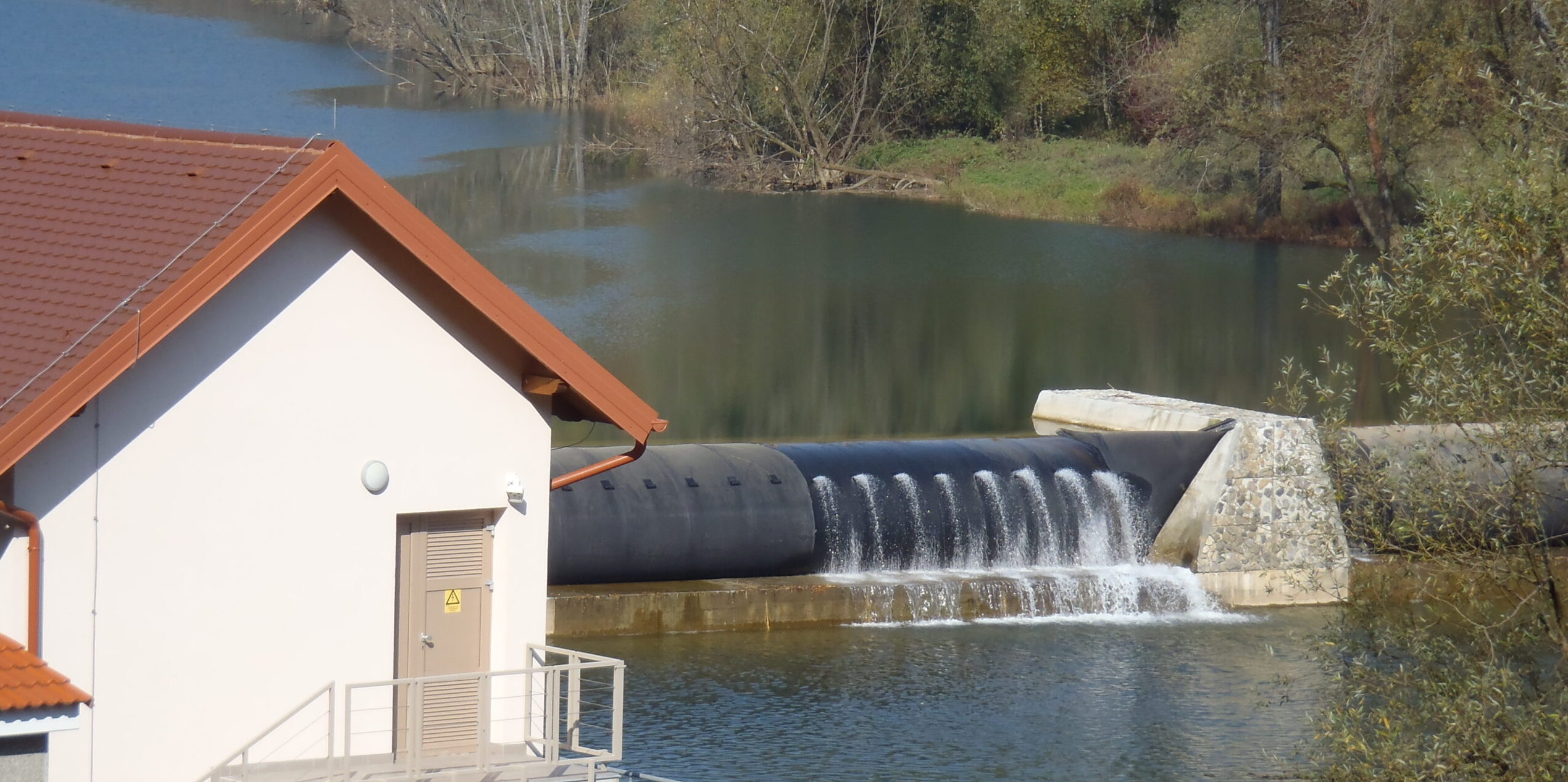
Southeast Europe Energy Policy Officer
Email: pippa.gallop AT bankwatch.orgTel.: +385 99 755 97 87
Pippa works as Bankwatch Southeast Europe energy advisor, with a specialisation in coal and hydropower in the Western Balkans. She is based in Zagreb, Croatia and speaks English, Croatian and rusty German.
More from Pippa Gallop
The price of coal-based electricity imported to the EU from the Western Balkans is artificially low, not only because the countries do not apply carbon pricing, but also because all of the countries that use coal are flagrantly breaching pollution control legislation.
Updated Renewable Energy Directive needs built-in biodiversity protection
November 17, 2021 | Read more
A higher EU renewable energy target may help reduce greenhouse gases, but could also accelerate the biodiversity crisis if not properly managed. To prevent this, support schemes for renewables must be explicitly tied to compliance with EU environmental law.
The Western Balkans Green Agenda Action Plan: Quantity over quality
October 8, 2021 | Read more
This week’s EU-Western Balkan summit in Slovenia in the end resulted in agreement on a long-awaited Action Plan for the Green Agenda for the Western Balkans. But the climate and environment emergencies will not be solved by ‘indicative timeframes’.
In late September the Office for Auditing Institutions in the Federation of Bosnia and Herzegovina confirmed what everyone already knew: That the body responsible for renewable energy incentives has been out of control for years. The question is, what will be done about it?
More than a third of the European Investment Bank (EIB)’s EU lending is carried out via intermediaries. Yet most of this money disappears into a black hole, with no information published about the final beneficiaries and no checks by the EIB about their environmental and social impacts. The EIB’s new safeguard framework is supposed to address this, but the draft text leaves the Bank far behind its peers.
